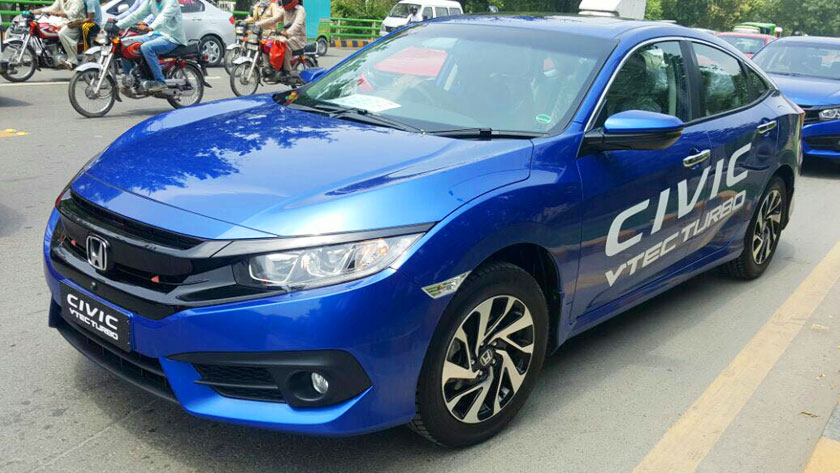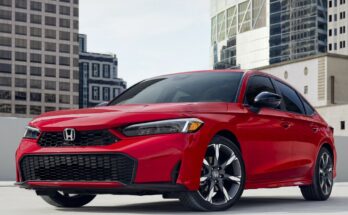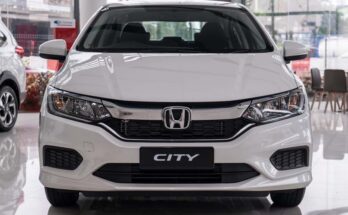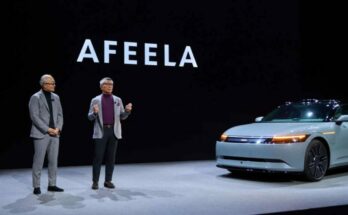Honda Atlas Cars Pakistan has sought assistance of experts from Japanese vehicle manufacturing associations and has asked for their input for restricting the use of quality-boosting chemicals in petrol.
Honda approached the experts after a committee, constituted to curb the mixing of chemicals in domestically produced and imported petrol, sought recommendations of the carmaker, said a senior government official while talking to The Express Tribune. The carmaker has asked the experts to suggest safe operating limits of metal content, manganese in motor gasoline.
Related: OGRA Tests Confirm Petrol in Pakistan is Harmful for Engines, Environment & Health
However, oil industry players argued that some vested interests were behind the hype surrounding the use of octane boosters in motor gasoline. They were of the view that the Petroleum Division was being pressurized to take action which would badly hurt the national economy.
According to the oil industry officials:
Automakers around the world introduce new engine technologies based on available fuels and their specifications in the relevant country. Except for Honda, no other automaker has complained against the gasoline quality in Pakistan.
According to them, Honda introduced its Euro-IV Turbo model without ascertaining suitability of the locally available gasoline which has Euro-II specifications. They emphasized that methylcyclopentadienyl manganese tricarbonyl (MMT) was being used across the world in countries that had octane deficiency. However, it is not used in countries that have modern refineries and higher octane levels.
Related: OGRA to Suspend Licenses of Companies Selling Substandard Fuel
In November 2016, Pakistan decided to upgrade the quality of motor gasoline by introducing three grades namely Research Octane Number (RON) 92, 95 and 97 by replacing RON 87. Local refineries were also asked to produce RON 90 gasoline.
Petroleum Division Director General Jibar Memon confirmed that no other automaker had complained about the use of chemicals to boost the octane quality of petrol. Many car models of different companies including imported cars were consuming that fuel, but they did not make any complaint, he said, adding it appeared to be a technical fault in the Honda variant. Industry sources argued that domestic refineries could not be upgraded in a short span of time, adding it could only be done in phases over a period of four to five years with an investment of $2.5 billion.

Restrictions on the use of octane booster would bring down gasoline production by more than 30% in the country, they said while pointing out that the shortfall would have to be met through imports that would cost more than $100 million per month.
Related: Govt Admits Vehicles in Pakistan are Priced Higher with Delayed Deliveries
According to them, the quantity of manganese-based octane booster used in Pakistan does not pose any health risk. Of the consumption of 500 tons per year, manganese is approximately 120 tons constituting 24.4% of the total. Of this, only 25-30%, or less than 40 tons, is released from the tailpipe.
It is to be noted that gasoline consumption in Pakistan is only 6 million tons compared to 340 million tons in the US and 30 million tons in India.
From: The Express Tribune

A computer animation professional with over 23 years of industry experience having served in leading organizations, TV channels & production facilities in Pakistan. An avid car enthusiast and petrolhead with an affection to deliver quality content to help shape opinions. Formerly written for PakWheels as well as major publications including Dawn. Founder of CarSpiritPK.com




